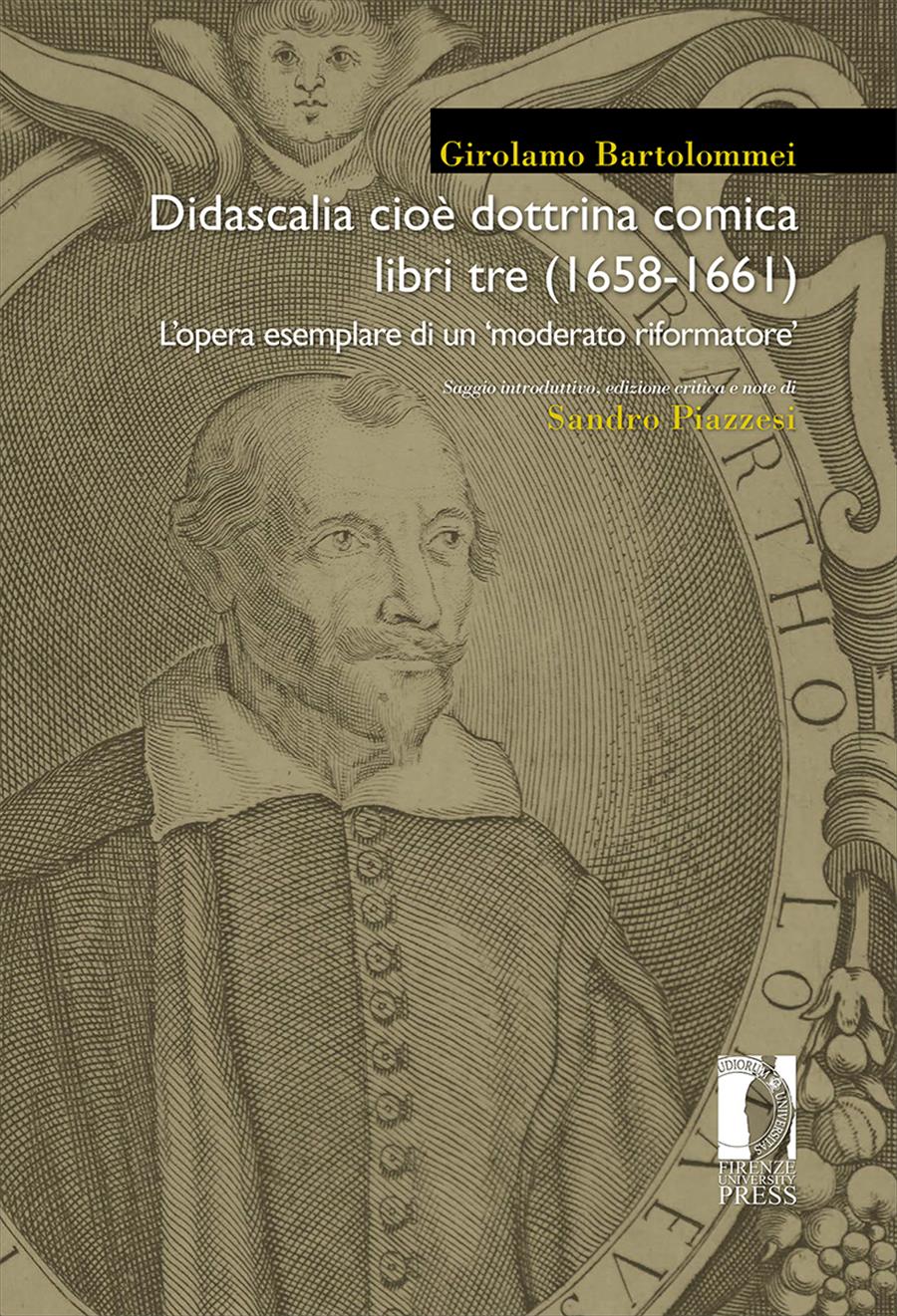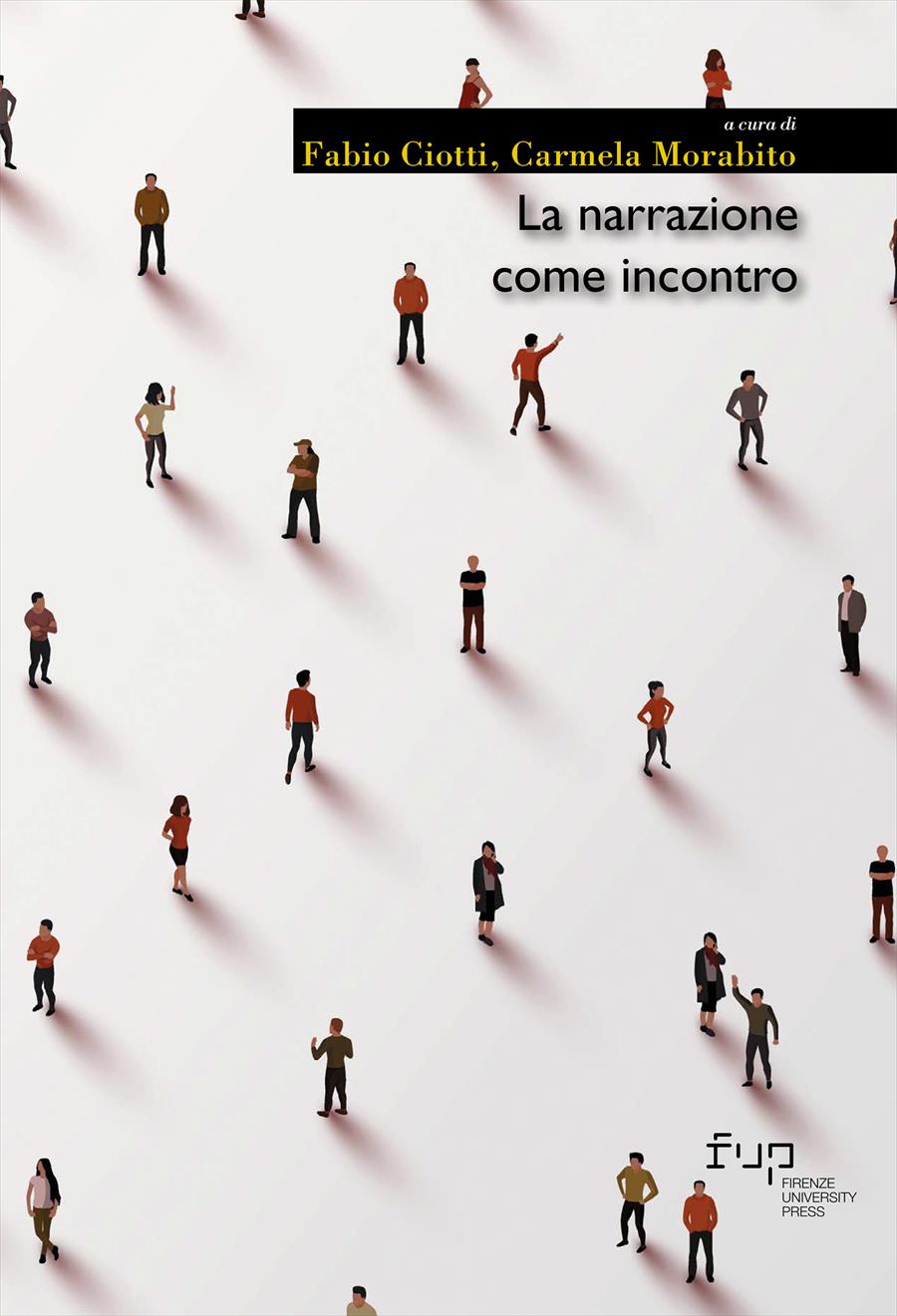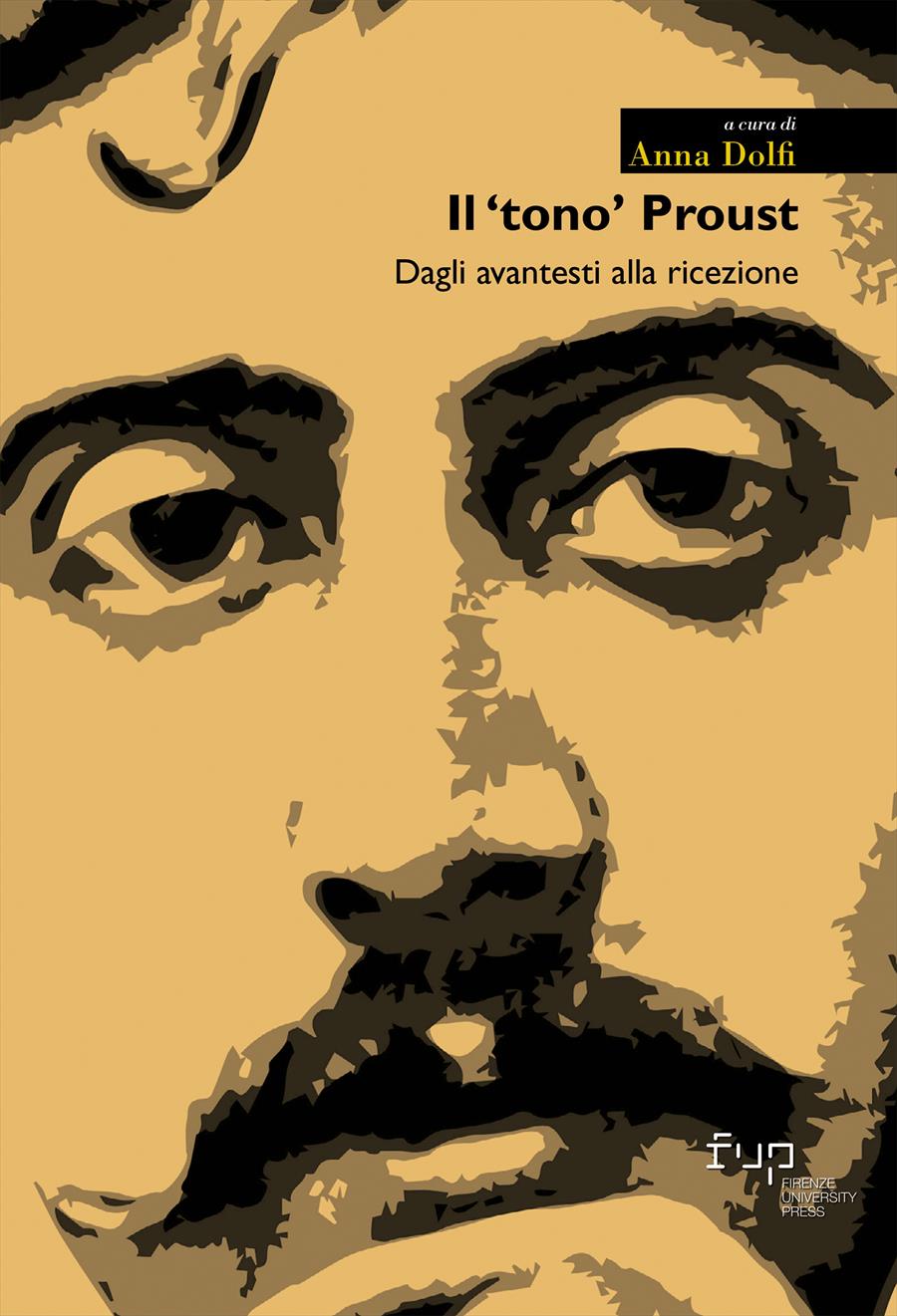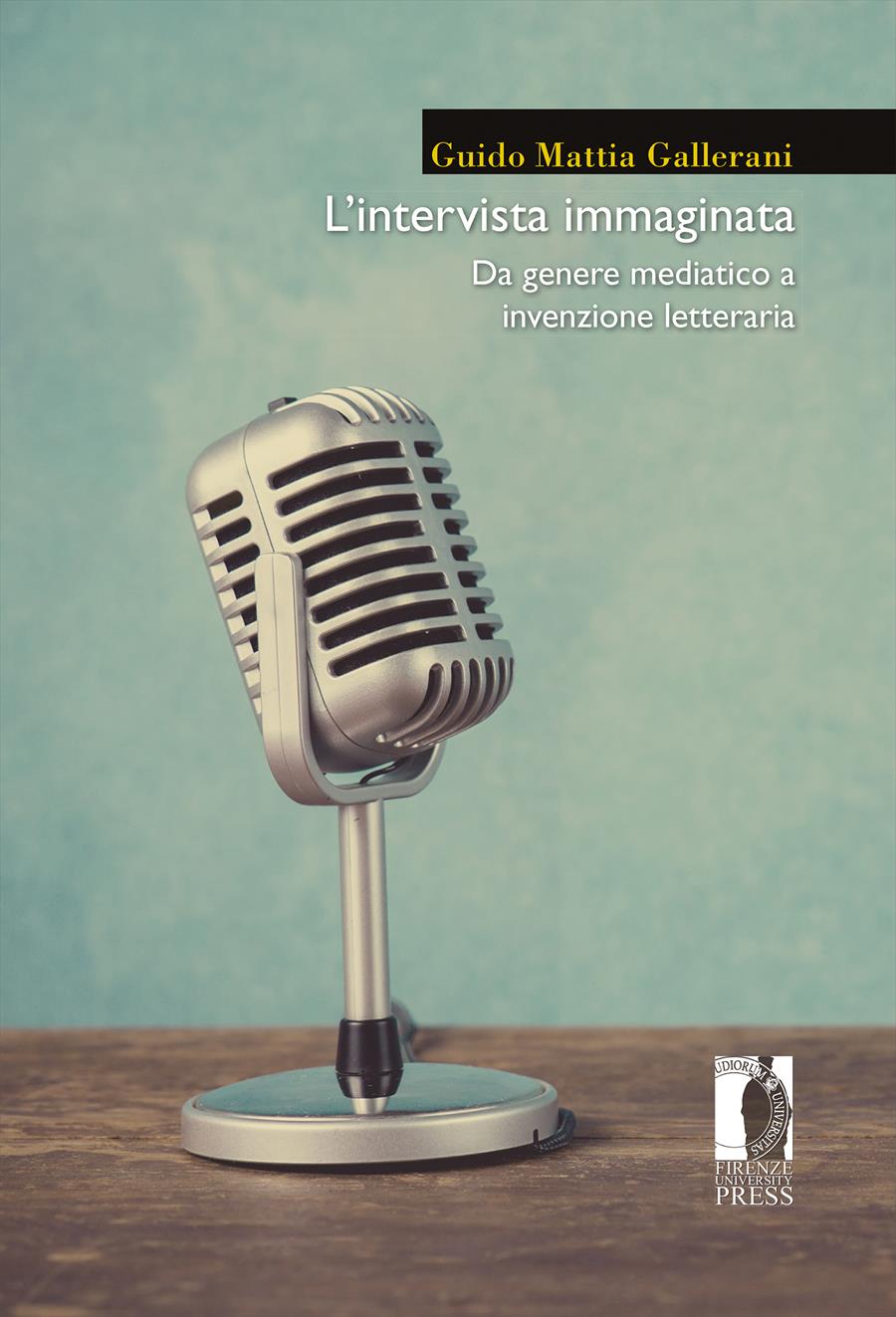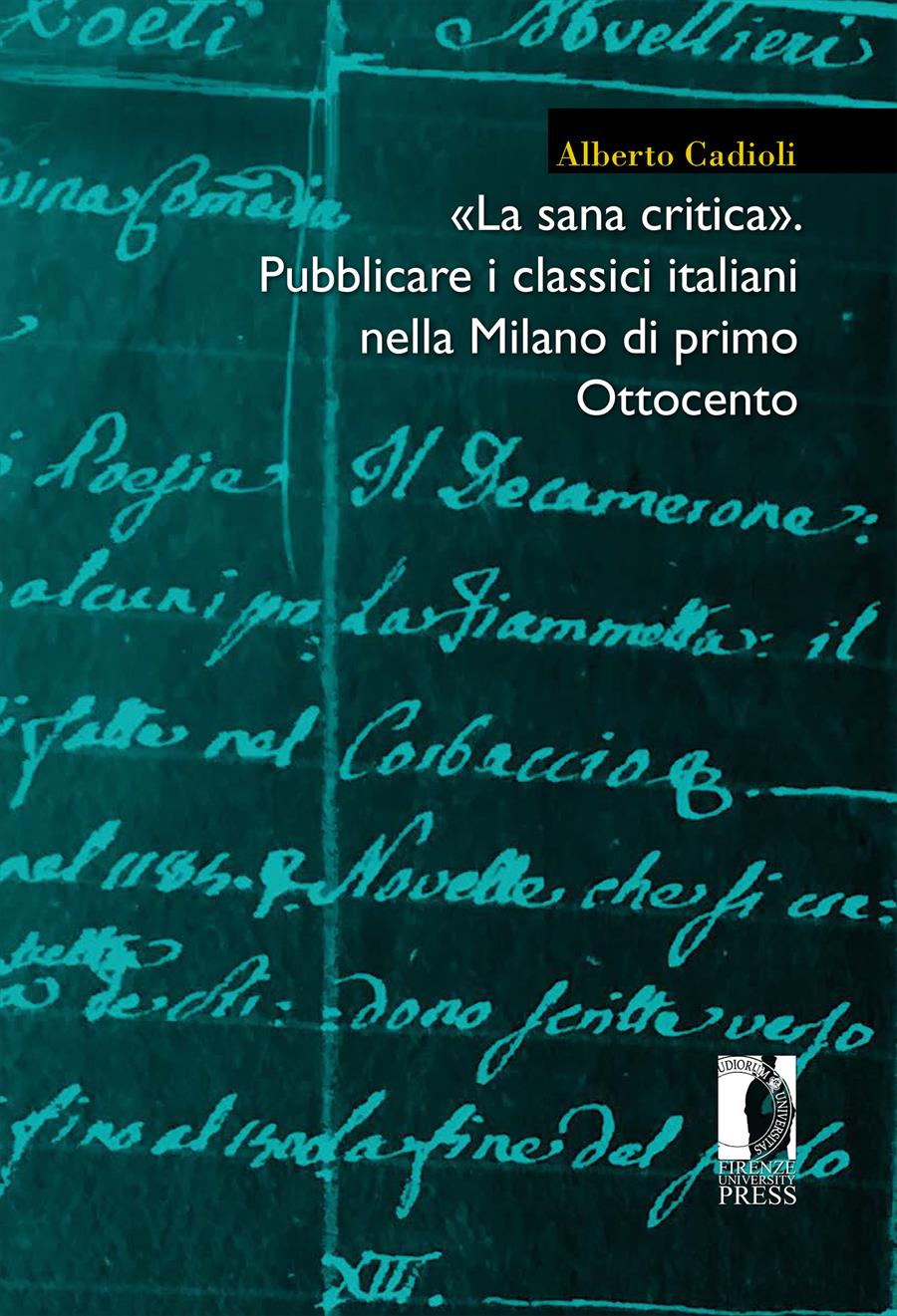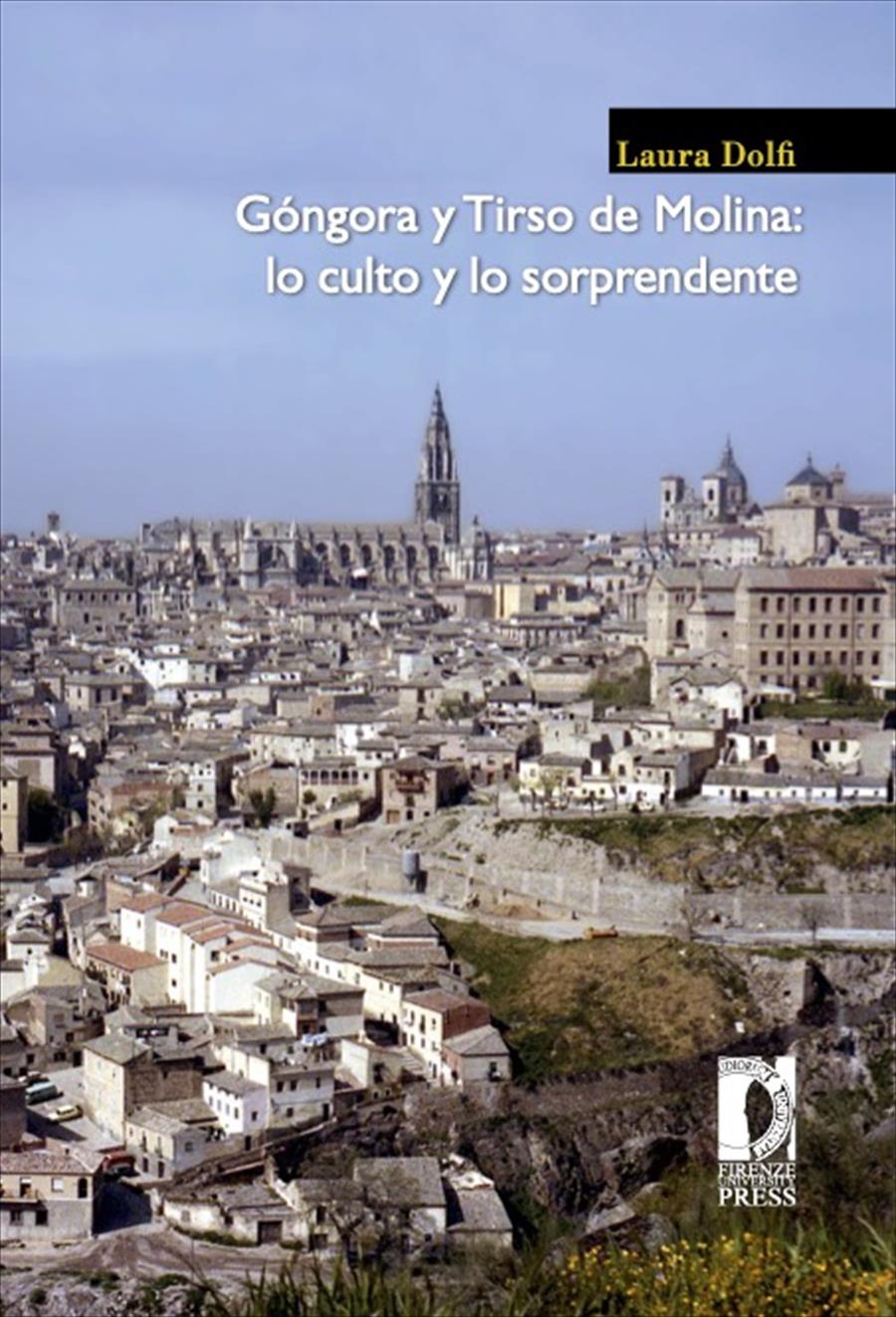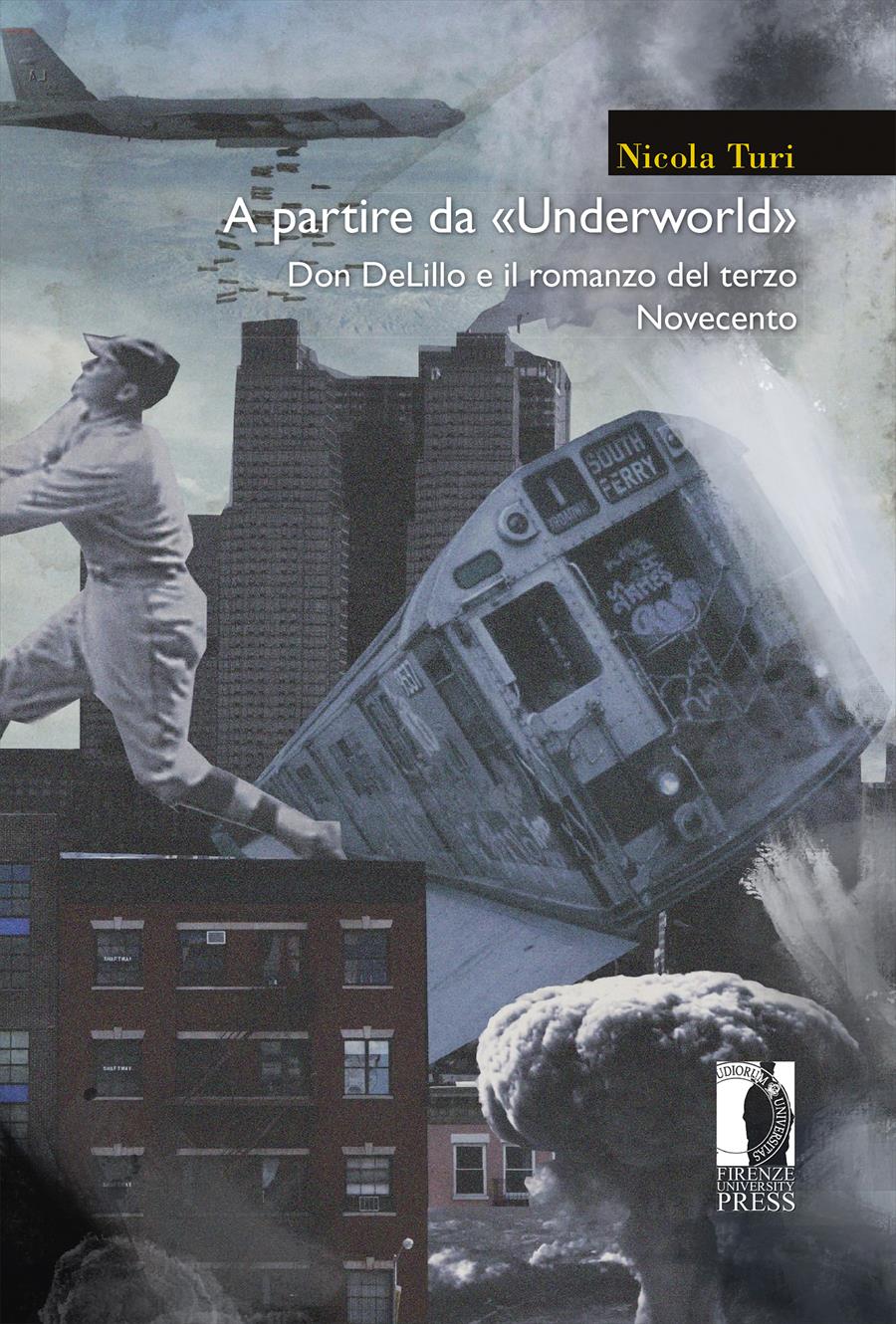Didascalia cioè dottrina comica libri tre (1658-1661)
Saggio introduttivo. L'opera esemplare di un 'moderato riformatore', edizione critica e note di Sandro Piazzesi
- Girolamo Bartolomei,
- Edited by:
- Sandro Piazzesi,
Girolamo Bartolommei’s literary research is characterised by the narration of actions carried out by sacred and profane subjects and by the narration of ancient fabulae, re-interpreted according to the principle of moral utility. Girolamo Bartolommei dealt with different forms of lyrical, epic, dramaturgical and musical writing, recalling 'the benign readers' of his works to the ethical and social function of poetry. His work Didascalia cioè dottrina comica (“Caption, that is comic doctrine” printed in Florence in 1658 and reprinted in 1661), of which the critical edition is here introduced, is of particular interest for the peculiarity of the theoretical proposal. Such proposal is ascribable to the aesthetic of the academy theatre, aimed at demonstrating to young writers that only the 'honesty' and the decorum of a 'well-ordered comedy' could lift the fate of comic art from the degradation in which it had fallen. The author tries to convey this idea by proceeding from questions of general poetics up to the 'sketches of middle comedies' he composed himself.
- DOI: 10.36253/978-88-6453-490-9
- Series: Moderna/Comparata
- Scientific Board
- Language: Italian
- Subjects: Linguistic
University of Florence, Italy
Sandro Piazzesi collaborates in the course of Theory of Literature at the University of Florence. He teaches Italian language and literature in public schools and at the Carlo Bo University Institute in Florence. He is interested in theoretical and philological issues related to the literature of the late sixteenth and seventeenth centuries. Among his publications: a monograph on Girolamo Borsieri (Firenze University Press 2009) and an essay on the sacred tragedy of the seventeenth century.
- Publication Year: 2016
- Pages: 482
- eISBN: 978-88-6453-490-9
- Content License: CC BY 4.0
- © 2016 Author(s)
- Publication Year: 2016
- Pages: 482
- ISBN: 978-88-6453-489-3
- Content License: CC BY 4.0
- © 2016 Author(s)
Bibliographic Information
Book Title
Didascalia cioè dottrina comica libri tre (1658-1661)
Book Subtitle
Saggio introduttivo. L'opera esemplare di un 'moderato riformatore', edizione critica e note di Sandro Piazzesi
Editors
Sandro Piazzesi
Authors
Girolamo Bartolomei
Peer Reviewed
Number of Pages
482
Publication Year
2016
Copyright Information
© 2016 Author(s)
Content License
Metadata License
Publisher Name
Firenze University Press
DOI
10.36253/978-88-6453-490-9
ISBN Print
978-88-6453-489-3
eISBN (pdf)
978-88-6453-490-9
eISBN (xml)
978-88-5518-922-4
Series Title
Moderna/Comparata
Series ISSN
2704-5641
Series E-ISSN
2704-565X
